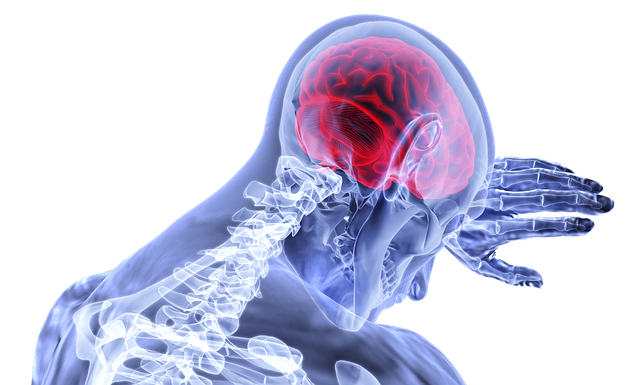Trusting our feelings
by Paul McGowan
Because I cannot remember whether to feed a cold or feed a fever I just feed them both and wind up feeling better. Maybe it's because I like to eat, or maybe it's because I follow my feelings.
Trusting our senses is a learned trait. Perhaps some learn it earlier than others, a result, I suspect, from an early set of successes. But whatever the reasons I think it is of great value to learn how to pay attention to your right brain guidance system. "I can't put my finger on it, but this just sounds better".
Our emotional side, our feelings, are often in opposition to our analytical observations and that's a good thing. We were never designed as onesided creatures. Our duality is a strength.
We've all known, or have been, people that work hard at ignoring our unsubstantiated thoughts: imagining that scientists and researchers recite their daily mantras of ignoring unproven advice from our undocumented side. But that in fact is not true. It’s no coincidence that Einstein was a genius physicist and a master violinist. After having been inspired by Mozart's music at age 13, he began to practice the violin religiously. More and more studies are beginning to link musical training and improved cognitive function. Practicing an instrument engages all four hemispheres of your brain and makes them more well-connected.
Whether it's learning new skills, rearranging our speakers, choosing different components, or having an aha! moment without the benefit of measurements or agreed upon proof, it's a skill worth acknowledging and developing.
Einstein was often quoted as having thought of E = mc2 while riding his bicycle, a skill that requires more than just one side of the brain to be open to working together.
If it worked for Al, it'll work for you.
- Choosing a selection results in a full page refresh.
- Opens in a new window.







